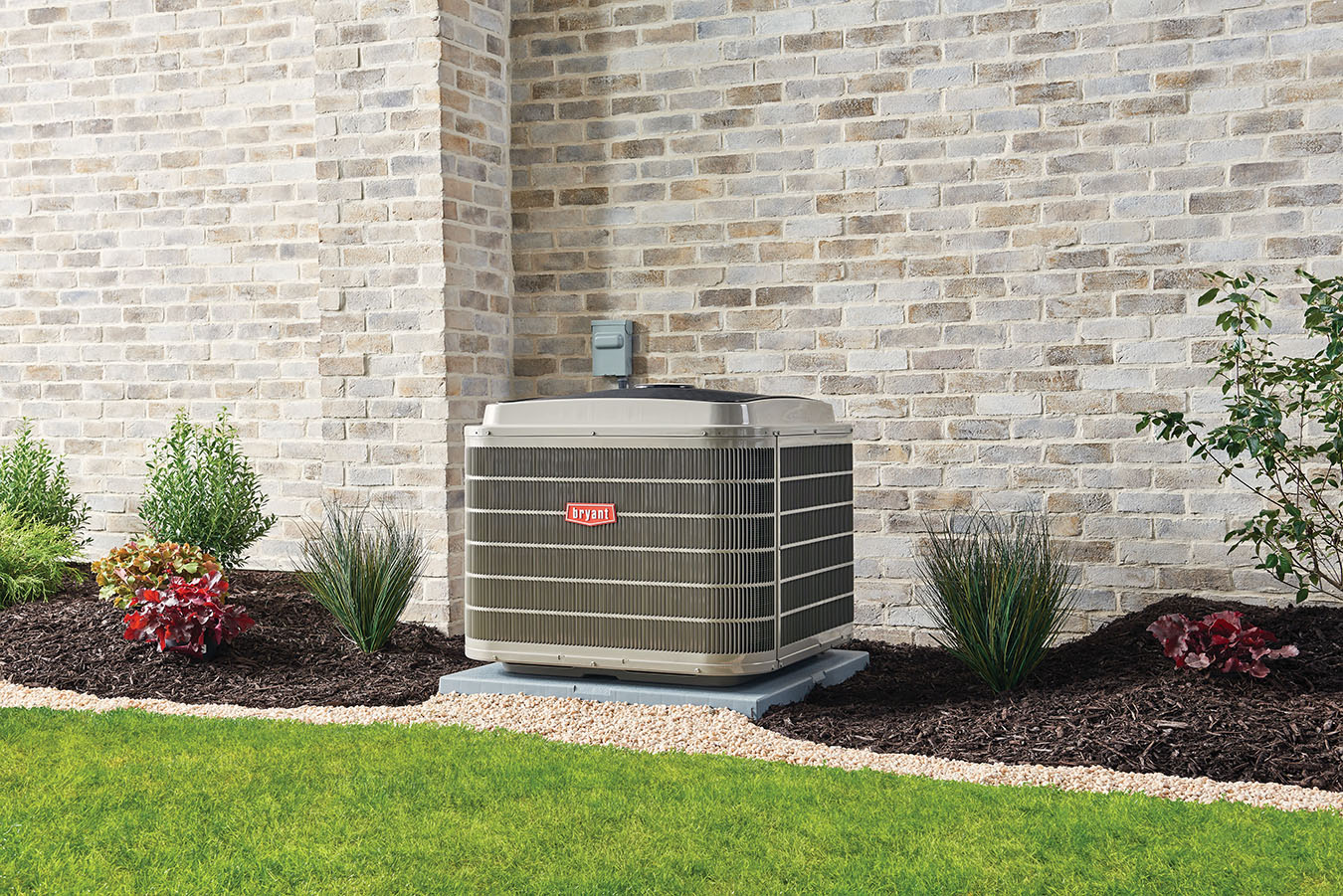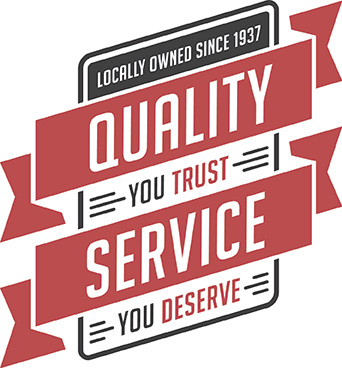When it comes to home heating and cooling, energy efficiency upgrades have become a focal point for homeowners seeking not cost-effective and environmentally friendly solutions. The Inflation Reduction Act Tax Credits offer a compelling incentive for those looking to upgrade their HVAC systems, particularly heat pump HVAC systems.
Today, we’ll explore the Inflation Reduction Act tax credit programs available for energy-efficient HVAC upgrades, delve into the efficiency requirements for qualifying HVAC system equipment, and outline the steps homeowners must take to claim these valuable tax incentives.
Understanding the Inflation Reduction Act
The Inflation Reduction Act has paved the way for tax credits aimed at encouraging the adoption of energy efficient upgrades. These existing tax credits from the federal government are designed to alleviate the financial burden on homeowners making energy efficient improvements while promoting the use of technologies that generate measured energy savings, lower energy bills, and reduce your carbon footprint.
Heat Pumps, Furnaces, and More
While the focus here is on high efficiency heat pump units, it’s important to note that the tax credits extend beyond just heat pump installation. Furnaces, air conditioners, and other HVAC systems also qualify, provided they meet the specified efficiency criteria.
Under the Inflation Reduction Act, there are tax credit savings available for other energy efficient home improvements, such as installing heat pump water heaters and solar panels, as well as performing air sealing or a home energy audit. The key is to invest in systems that not only enhance home comfort but also align with modeled energy savings.
Efficiency Requirements for Qualifying Systems
To experience the benefits of the Inflation Reduction Act tax credits, homeowners must invest in heat pumps and HVAC systems that meet or exceed the energy efficiency standards set by the program. Seasonal Energy Efficiency Ratio (SEER2), Heating Seasonal Performance Factor (HSPF), Energy Efficiency Ratio (EER2), and Annual Fuel Utilization Efficiency (AFUE) ratings are the metrics used to rate the efficiency levels of various types of HVAC equipment.
Let’s break down the requirements for different types of equipment:
Heat Pumps
Electric heat pumps are renowned for their ability to provide both heating and cooling functions, making them versatile solutions for year-round comfort. To earn heat pump tax credits in Indiana and Michigan, your qualified heat pump must meet the following efficiency standards:
- Air source heat pumps must have the ENERGY STAR Cold Climate designation with an EER2 > 10.
- Ductless mini split heat pumps must have the ENERGY STAR Cold Climate designation with a SEER2 > 16, an EER2 > 9, and an HSPF2 > 9.5 rating.
Furnaces
For furnaces, the higher the AFUE percentage, the more efficiently the furnace converts fuel into heat. Upgrading to certain high-efficiency furnaces not only qualifies for tax credits but also results in long-term energy savings. To qualify for a tax credit, furnaces must meet the following standards:
- Gas furnaces must be ENERGY STAR certified with an AFUE > 97%.
- Oil furnaces must be ENERGY STAR certified and have a manufacturer’s rating for use with fuel blends containing at least 20 percent biodiesel, renewable diesel, or second-generation biofuel.
Boilers
Installing high-efficiency boilers can also qualify homeowners to receive an Inflation Reduction Act tax credit. To qualify, the boiler must meet these standards:
- Gas boilers must be ENERGY STAR certified with an AFUE > 95%.
- Oil boilers must be ENERGY STAR certified and have a manufacturer’s rating for use with fuel blends containing at least 20 percent biodiesel, renewable diesel, or second-generation biofuel.
Air Conditioners
If your focus is on cooling, a central air conditioner must meet certain SEER2 requirements to be eligible for a tax credit under the Inflation Reduction Act. To qualify, these electric appliances must be rated as follows:
- Split system central air conditioners must be ENERGY STAR certified with a SEER2 > 16.
- All packaged air conditioners that are ENERGY STAR certified qualify for a tax credit.
Claiming Your Heat Pump Tax Credits
Understanding the efficiency criteria is just the first step; homeowners must also know how to claim their heat pump tax credit under the Inflation Reduction Act. Here’s a simplified guide to help you navigate the process:
1. Eligibility Verification
Before claiming any tax credits, ensure that the HVAC equipment you’ve installed meets the necessary efficiency standards. Manufacturers and HVAC professionals should provide documentation confirming compliance with the Inflation Reduction Act requirements when installing a new heat pump system or other HVAC system units.
2. Gather Documentation
Collect all relevant documentation, including invoices, receipts, and the Manufacturer’s Certification Statement. This paperwork serves as proof of purchase, equipment specifications, project costs, and compliance with the tax credit program.
3. File the Right Forms
When filing your taxes, be sure to use the appropriate forms to claim your tax credit. This involves completing Form 5695 and attaching it to your regular tax return. Pay careful attention to the instructions to avoid any errors that could delay the processing of your claim.
4. Seek Professional Guidance
Navigating tax codes can be complex, and seeking professional advice is often a prudent move. Consult with a tax professional or accountant to ensure that you maximize your eligible energy efficiency tax credits and complete the filing accurately.
Act Now for Energy Efficient Comfort
The Inflation Reduction Act tax credit programs provide a golden opportunity for homeowners to invest in energy efficient HVAC systems, including heat pump installation, furnaces, and air conditioners. Understanding the efficiency requirements for heat pumps or other HVAC systems and following the proper steps to claim these credits can result in significant financial benefits.
As you contemplate upgrading your HVAC system, consider the broader impact on both your pocketbook and the environment. By choosing equipment that qualifies for a tax credit, you not only reduce your tax liability and save money on energy costs, but also contribute to a more sustainable future.
Ready to take the next step toward energy efficient comfort? Contact Goff Heating & Air Conditioning for expert heat pump installation services, as well as installation services for other high-efficiency HVAC systems. Our team is dedicated to helping you make informed choices that align with your comfort goals and financial objectives. Don’t miss out on the opportunity to enhance your home’s efficiency—act now and enjoy the benefits for years to come.



